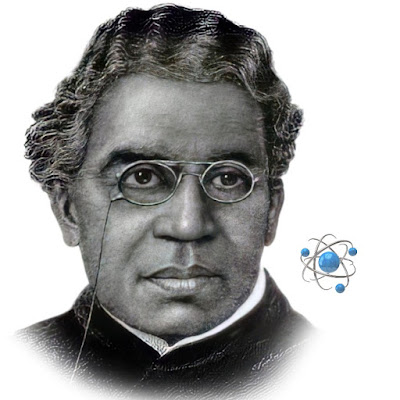 |
Essay On Jagdish Chandra Bose
A great Scientist of India: Sir Jagadish Chandra Bose There had been great scientists in ancient India. When the British came to India glorification of science had already begun in the west. The leaders of India at that time wanted to introduce English education in India so that the country might produce scientists of her own. In this respect, Sir Jagadish Chandra Bose was a pioneer. J.C. Bose was born in the district of Dacca on November 30, 1858. His father Bhagaban Chandra, who was a Deputy Magistrate, exerted tremendous influence on him. He was sent to Calcutta's St. Xavier's School. Here came the turning point in his career. Here he came under the influence of a great scientist who instilled in Jagadish a love of science and a desire of making research in science. After graduation, J.C. Bose went to England and entered the University of Cambridge. He completed his studies specialising in physics.
Jagadish was offered a lectureship at Presidency College, Calcutta. The post had been specially reserved for Europeans for so long. Jagadish worked as a professor of physics at Presidency College without a break for thirty years. In this College, he made those pioneer researches, first in physics, then in plant physiology, which has made his name a household word in India.
Jagadish Bose's first research was in physics. He was perhaps the first one to send electric waves without the medium of wires from one room to another and his house was about two miles away. A few years earlier he had devised improvements in the telephone receiver but he declined offers to have them patented. His next discovery was sensational. He demonstrated before the Royal Institute of London in 1901 that there was no sharp line demarcation between the living and the non-living and that inorganic matters respond to electrical stimuli in the same way the organic bodies do. Plants are a simple structural identity of animals. He showed that plants behave in the same manner under similar stimuli. He explained many phenomena in plant life that used to be inexplicable.
After retirement in 1915, Bose in 1917 founded the Bose Institute, a home of scientific research where scholars from all parts of the world would meet. He devoted his last years entirely to research work. His poetic imagination has found excellent expression in the book 'Abyakta'.
Jagadish Chandra Bose died in 1937, bequeathing his entire wealth and property to the service of science and humanity.


0 Comments